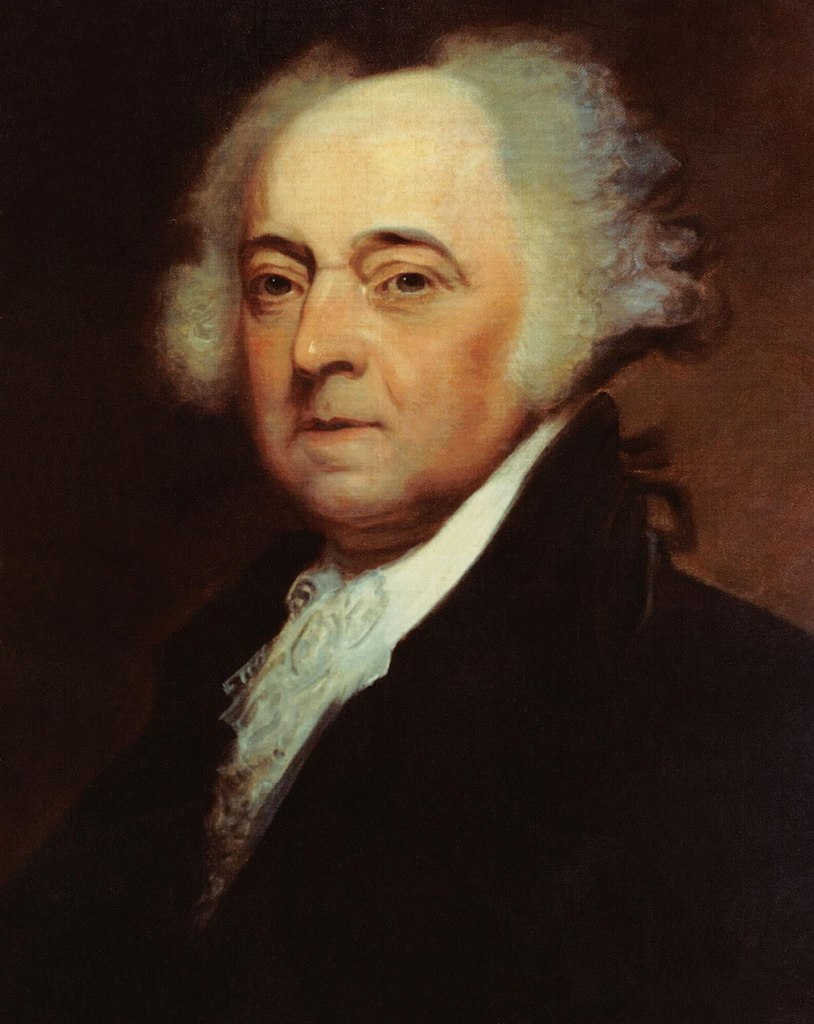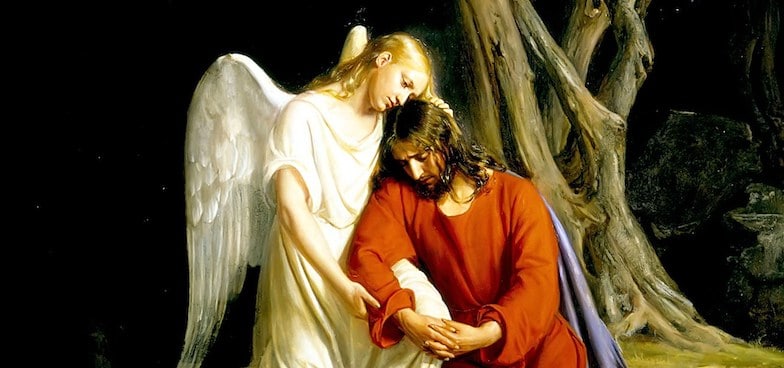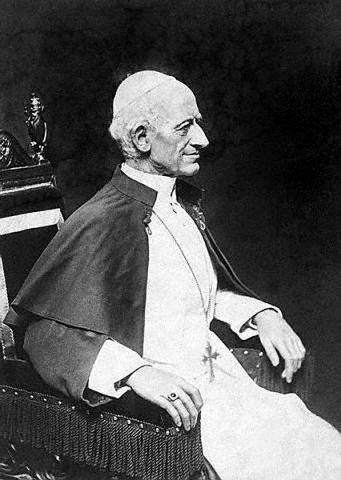Seek the Presence of God Within You, by Fr. Gabriel Of St. Mary Magdalen
August 6, 2019LifeNews: Democrats Say Everyone Needs Health Care, Except for Babies Who Survive Abortions
August 6, 2019
By Fr. Shenan J. Boquet, Human Life International, August 5, 2019
“A dead thing goes with the stream, but only a living thing can go against it.” — G.K. Chesterton
Responding to the Tsunami’s Attempt to Push Us Upstream
Until relatively recently, Christians in the U.S. lived in a more-or-less Christianized culture and were accustomed to governments that subscribed to an ethical code that could generally be called Christian. However, it is clear that we now need to create new strategies and tactics to deal with a world that has not only abandoned Judeo-Christian views, but is becoming increasingly hostile to them.
It should come, therefore, as no surprise that we are living in a post-Christian world. Simply look at the radical change in cultural values concerning marriage and the family, human sexuality, and the protection of human life. Surveys in the United States expose decades of gradual decline in Church attendance, religious affiliation, belief in God, and the importance of prayer and Sacred Scripture. The current status of Christianity in the U.S. also helps us understand the gravity of the situation plaguing the whole world. Slowly and consistently, we see the role of religion in public life diminishing. Judeo-Christian principles that once served as pillars to most cultures, especially in the U.S., are no longer desired or blatantly rejected.
“It is religion and morality alone,” said President John Adams, “which can establish the principles upon which freedom can securely stand. The only foundation of a free constitution is pure virtue.”

Virtue is necessary for any society and nation to flourish. Adams warned what happens without this fundamental pillar, writing: “[W]e have no government armed with power capable of contending with human passions unbridled by morality and religion. …Our constitution was made only for a moral and religious people.”
For a society to be truly free, it must be established by virtuous people. Virtue’s cultivation requires faith, and true faith requires freedom (liberty), which in turn requires virtue. In other words, they are inseparable and have a symbiotic relationship. Without religion and morality (virtue) there can be no freedom.
I believe John Quincy Adams summarizes this principle best in a letter he wrote to his son: “There are three points of doctrine the belief of which forms the foundation of all morality. The first is the existence of God; the second is the immortality of the human soul; and the third is a future state of rewards and punishments. Suppose it possible for a man to disbelieve either of these three articles of faith and that man will have no conscience, he will have no other law than that of the tiger or the shark. The laws of man may bind him in chains or may put him to death, but they never can make him wise, virtuous, or happy.”
The Central Role of Faith
Polls consistently tell us that the number of those who claim no adherence to any religion (“nones”), and those who are done with religion (“dones”) continue to grow, while Church attendance steadily decreases. As Christians, we have been taught that we possess ultimate and absolute truth, but we are, sadly, becoming a minority. In a world of cultural and religious plurality, our voices, beliefs, and way of life are increasingly under assault by aggressive secular and relativistic views, competing for attention and vying for the claim of ultimate truth. The consequence of such a radical shift in view and cultural beliefs is clear.
Consensus on key moral principles has drastically declined, and the younger generations are inheriting a new moral landscape vastly different than previous generations. One segment of U.S. society, Generation Z (those born in the mid-1990s to present), which composes nearly 25% of the U.S. population, has widely different views about God, faith, morality, marriage, abortion, sex, gender, and life. This generation has embraced the new moral landscape they inherited (further entrenching progressive moral views), which includes growing apathy toward religion, a heavier focus upon worldly success, and a worldview that is more relativistic. According to some studies, a strong percentage of Gen Z believes that what is morally right and wrong changes over time and is situational. In other words, there is no objective truth; the individual is the arbiter.
The battle over which moral values we as a people will uphold and defend has been raging for well over five decades, an era of radical change and aggressive challenges to the most basic of Christian moral teachings on marriage and the family, contraception, abortion, same-sex unions, homosexuality, gender theory, and human sexuality. Sadly, indifference and withdrawal have been the default responses of most Christians (including Catholics) more concerned with “losing” credibility with the world around them than faithfulness to Christ, who is the Truth. The tragedy of the past fifty years, which resulted in so many millions of aborted babies, broken marriages, and broken hearts and bodies, could have been avoided, if instead Christians had chosen to stand strong in their faith and courageous public witness.

The tendency when faced with the daunting reality of strenuous opposition and apparent defeat is to escape, to pull out of the battle and isolate oneself and one’s family. However, this is not the role and mission of Christians as stated by Pope Leo XIII: “Christians are born for combat.” In Sapientiae Christianae, Pope Leo defines the duties of Catholics in civil society, emphasizing that Catholics need to obey God, even if that brings them into conflict with civil authority. If civil law contradicts divine law, “then, truly, to resist becomes a positive duty.”
Building a Christian Worldview
A worldview is the framework from which we view reality and make sense of life and the world around us. Every person consciously or subconsciously holds a specific point of view, which is established, influenced, and supported by anthropology, ideology, philosophy, theology, and religion. This perspective affects every aspect of one’s life, serving as a compass and a driving force governing decisions, attitudes, behaviors, convictions, and directions, thus providing the fundamental building blocks upon which one builds his or her life.
When building a Christian worldview, the battle of ideas is often the battle over definitions. After all, one who controls the language, has power over minds and hearts. Each word has its own particular emphasis, a specific definition, and a subtle yet distinct meaning. There is a close link between clarity in language and clarity of thought. Control the speech, control the thought, and control the masses. Asking, “What do you mean by that?” has never been more crucial, especially when language has been corrupted. Among the more crucial words needing careful definition are God, human being, truth, faith, evil, tolerance, male, female, pro-life, justice, marriage, family, freedom, rights, and responsibility, to name but a few.
As we consider the current debate, there is much to glean from the wisdom of Pope Leo XIII, who confronted the challenges of an expanding modern world at the end of the 19th century and beginning of the 20th century. In an age of rapid industrialization, class conflict, and growth in capitalism, Pope Leo witnessed societies more and more frequently accepting what contradicted divine law. His advice, in order to challenge the mindset and views of the age, was that Catholics “should make a deep study of Catholic doctrine.” Once imbued with this doctrine and rich treasury of teaching, it is their duty to defend the truth, publicly. This advice is even more pertinent today with so many Catholics unable to articulate basic Catholic doctrine or tenets of the Faith, making them easy prey to secular mindsets and views.
 Gethsemane by Carl Bloch
Gethsemane by Carl Bloch
Pope Leo would agree with many today who insist that we should preach Catholic faith through personal example; at the same time, though, we should also preach the Faith as the pope exhorted, “by open and constant profession of the obligations it imposes.” Our reaction should not be based upon the negative reaction from the public but based in what is known to be true in every era. Our reaction is not to withdraw from the battle, but to run toward it – firstly being properly prepared. “Jesus Christ,” Pope Leo points out, “has clearly intimated that the hatred and hostility of men, which he first and foremost experienced, would be shown in like degree toward the work founded by him.”
Sadly, many do not see the centrality or necessity of morality and religion in society. Meanwhile, those who accept religion want it to be comfortable and affirming. They want a religion that tells them, “You are alright and doing fine. There is no need for change.” But what we need is a religion that challenges us, calling us to live in accord with its precepts. We need a religion that corrects us; that shows us our faults. We need a religion that tells us that we are not okay. We need a religion that won’t allow us to be content, to rest on our laurels or create our own truths.
As the centrality and role of religion declines in our increasingly secularized society, people of faith need to adjust how they think and react to the rising tide of non-believers. The response to this tsunami overwhelming our country and world is, as always, the proclamation of the Gospel – to preach Christ in season and out of season. We are always called to live in a godly manner, to build a Christian culture – to be light and salt. In truth, it is a sign of life to resist the tsunami attempting to push us upstream; we are called to defy the fads of contemporary society and stand against the rising tide.
Adams and Quincy are absolutely on point. For a society to be truly free, it must be established by virtuous people. The moral, religious, and philosophical climate shapes the political, civic, and daily life of a nation. Reject religion and morality, the two pillars that provide society’s foundation, and freedom itself is undermined. The result is that people – and society in general – fall into slavery to the whims of their passions.










